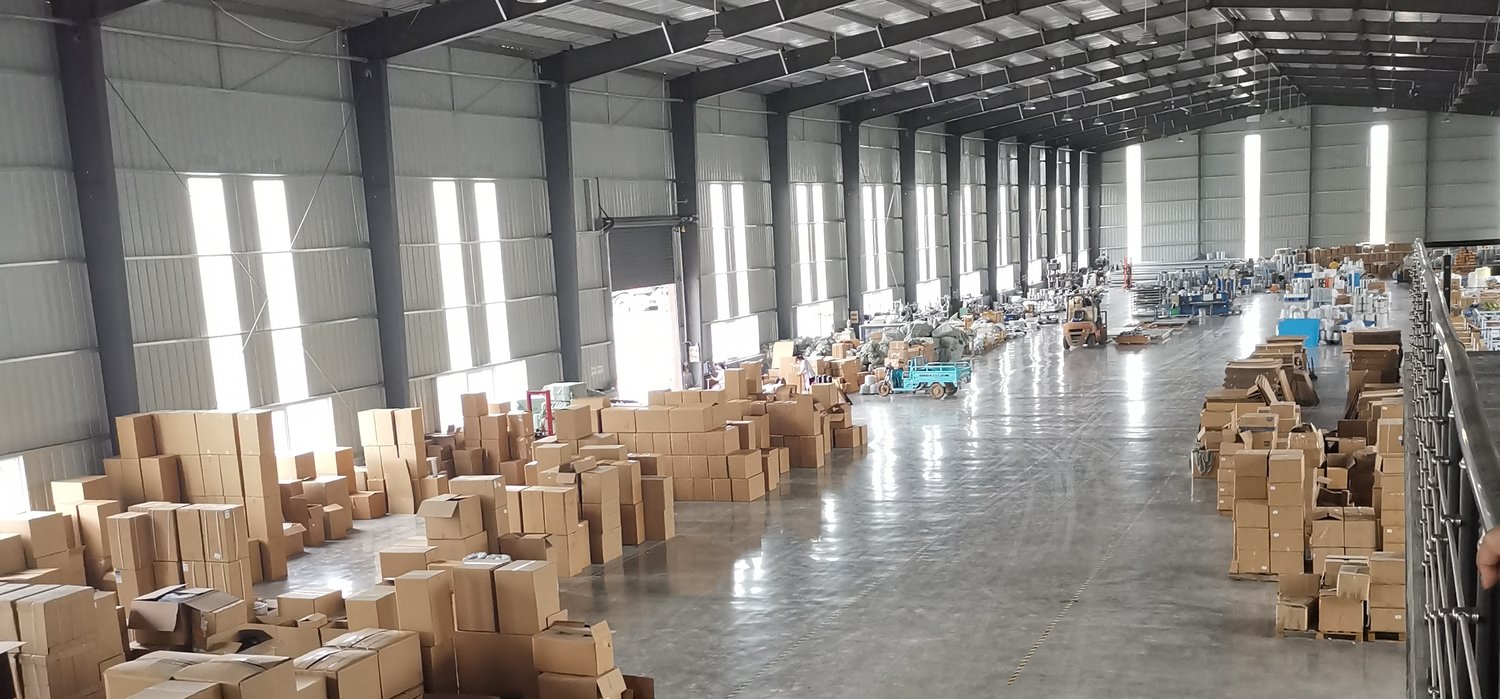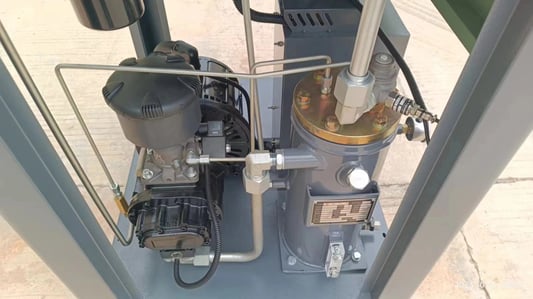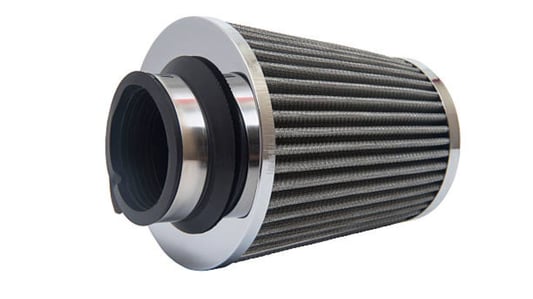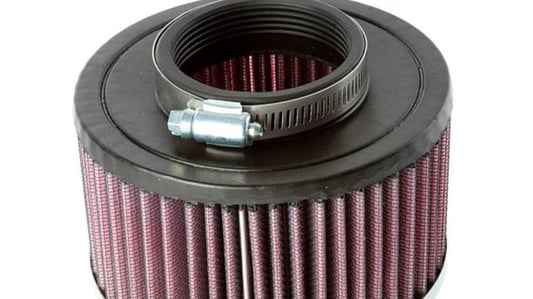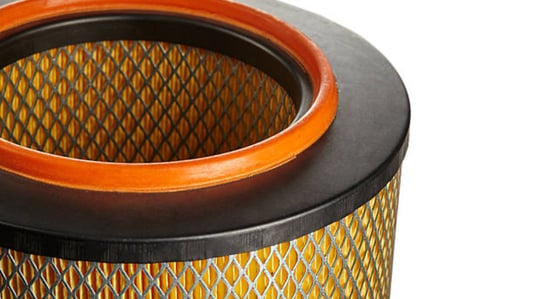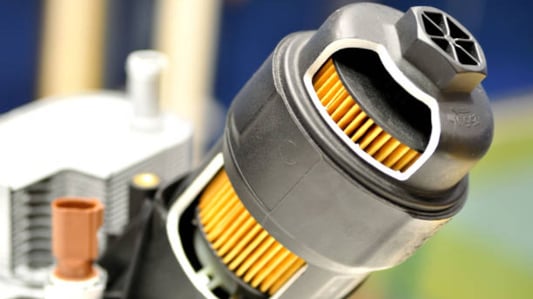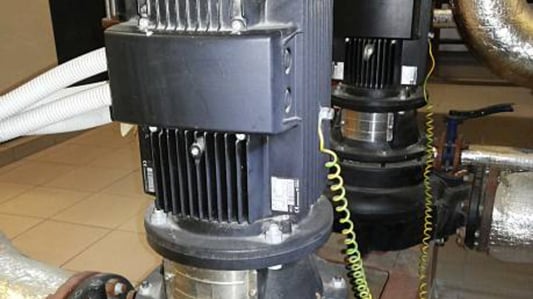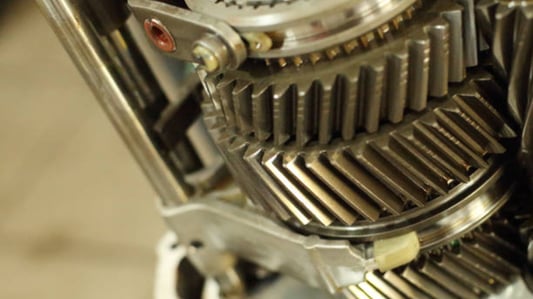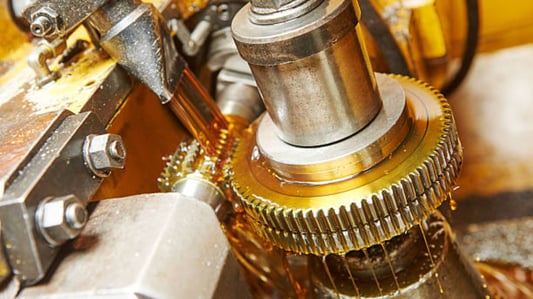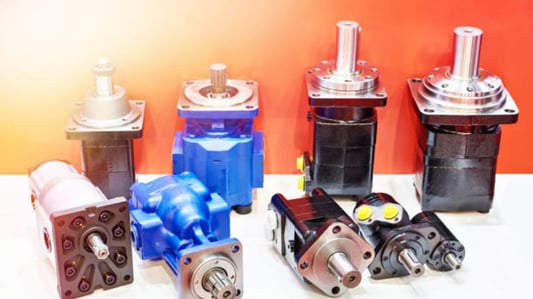IntroductionIngersoll Rand Air Oil Separator is a crucial component in air compressors that separates oil from compressed air to guarantee productivity, efficiency, and durability. Ensuring that your air oil separator is well-maintained is crucial to keep your air compressor running optimally for a long time.Replace Your Ingersoll Rand Air Oil Separator RegularlyReplacing your air oil separator is recommended every 4,000 to 8,000 hours of operation. A dirty or clogged air oil separator negatively impacts the performance of your compressor, reduces its energy efficiency, and increases operating costs. In addition, it can cause damage to other significant parts of the equipment.Monitor Pressure Drop Across the SeparatorPressure drop is the difference between the pressure at the inlet and outlet of the air oil separator. A sudden spike in the pressure drop may indicate a clogged or dirty separator. Regularly monitoring the pressure drop across the air oil separator enables you to spot potential issues before they become severe.Monitor Air Compressor's Oil QualityThe quality of oil in the air compressor directly impacts the lifespan and performance of the air oil separator. Ensure that you regularly check oil quality, change it at the recommended intervals, and use only the manufacturer's recommended oil.Use Genuine Ingersoll Rand Air Oil SeparatorGenuine Ingersoll Rand air oil separators are designed to fit your equipment and come with a warranty. Buying genuine parts to replace your worn-out separator is worth the investment because you are guaranteed to get optimal performance and prevent future damage.Ensure Proper Installation of Ingersoll Rand Air Oil SeparatorImproper installation of the air oil separator can affect the efficiency of your compressor. Ensure that the separator is correctly installed according to the manufacturer's specifications, and it is in the right position. Check the fittings, connections, and gaskets to ensure they are tight and secure.Clean Your Separator RegularlyRegular cleaning of the air oil separator is crucial to keep it running optimally. Dirt, debris, and other contaminants can clog the separator, reducing its efficiency and performance. Ensure that your separator is cleaned according to the manufacturer's recommendations or guidelines.Monitor the Contaminants in the Compressed Air SystemContaminants such as dust, debris, and other particles can accumulate in the compressed air system, leading to clogging, reduction in performance, and damage to the air oil separator. Regular monitoring of the compressed air system enables you to spot potential issues and address them before they cause significant damage.Avoid Overloading the SeparatorThe air oil separator has a specific capacity to separate oil from compressed air. Overloading the separator can cause it to fail and damage other parts of your compressor equipment. Ensure that the separator is not overloaded by operating the compressor within its limitations and specifications.Employ Correct Operating ProceduresOperating the compressor according to the manufacturer's recommendations is crucial to ensure optimal performance and efficiency of the air oil separator. Improper operation can cause damage, clogging, or wear and tear of the separator. Ensure that you follow the recommended procedures for starting, running, and shutting down your compressor.ConclusionProper maintenance of your Ingersoll Rand air oil separator is crucial to keep your compressor running optimally for a long time. Regular cleaning, monitoring, replacement, and using genuine parts ensure that you get the best results from your equipment. Ensure that you follow the guidelines and recommendations of the manufacturer to keep your air oil separator and the entire compressor equipment at peak performance.Ingersoll Rand Air Oil Separator, air compressor, maintenance, replacement, pressure drop, oil quality, genuine parts, installation, cleaning, contaminants, operating proceduresEffective Ways to Maintain Ingersoll Rand Air Oil SeparatorOptimize the lifetime and performance of your Ingersoll Rand Air Oil Separator with these effective maintenance tips. Learn more about replacement, cleaning, monitoring, and more.Quote InquiryContact us!

